
On the morning of June 4, Minister of Natural Resources and Environment Dang Quoc Khanh answered questions before the National Assembly about issues of concern to delegates.
On the morning of June 4, Minister of Natural Resources and Environment Dang Quoc Khanh answered questions before the National Assembly about issues of concern to delegates.
Concerns about the deterioration of water storage facilities
Expressing concern about the deterioration of water exploitation works, delegate Doan Thi Hao (Thai Nguyen delegation) cited information: Currently, there are about 40,200 water exploitation works nationwide, including 6,750 irrigation lakes with many small lakes and dams, most of which were built in the 1970s and 1980s under conditions of limited funding and technical level, inappropriate design and construction quality, no records, lack of maintenance funds... The delegate asked the Minister to let her know what solutions the Minister and the industry will have in the coming time to overcome the above situation.

Delegate Doan Thi Hao (Thai Nguyen delegation).
Responding to questions from delegates, Minister Dang Quoc Khanh said that repairing, upgrading and renovating more than 1,100 degraded reservoirs that lack flood discharge capacity requires a huge amount of resources. According to the head of the Natural Resources and Environment sector, the Law on Water Resources has recently been passed by the National Assembly, focusing on assigning the Ministry of Agriculture and Rural Development, the Ministry of Natural Resources and Environment, the Ministry of Industry and Trade... to coordinate to regulate and distribute water resources; propose water source scenarios to ensure water security. In the coming time, the Ministries will propose and report to the Prime Minister to review the current status of dams to ensure both water storage for production and safety.
Emphasizing that investment in water storage facilities is one of the priority solutions in the 2023 Law on Water Resources, delegate Quàng Thị Nguyệt (Điên Biên delegation) asked the Minister to inform about the implementation of policies to attract investment in the construction of water storage facilities in the coming time to ensure proactive storage, regulation, and distribution of water resources, meeting the requirements of water use for people's lives and socio-economic development.

Delegate Quang Thi Nguyen (Dien Bien delegation) questioned at the working session on the morning of June 4.
Responding to questions, Minister Dang Quoc Khanh said that in recent times, we have paid great attention to the construction of irrigation reservoirs and the implementation of hydropower projects. Up to now, the Ministry continues to pay attention and review areas that need to be supplemented or have sufficient conditions to build dams and irrigation canal systems.
"Water storage must be associated with the efficient use of water resources through irrigation systems," the Minister emphasized.
Answering the question of delegate Luu Ba Mac (Lang Son delegation) about maintaining minimum flow for hydropower projects, the Minister said that currently, all hydropower plants must comply with regulations on maintaining minimum flow to maintain people's lives, especially hydropower plants in highland areas.

The Minister of Natural Resources and Environment answered questions from delegates during the working session on the morning of June 4.
The Ministry of Natural Resources and Environment has also made many efforts to require hydropower plants to install monitoring and surveillance systems, and connect to the Ministry for monitoring, supervision, and management. Currently, there are more than 850 hydropower reservoirs connected to the Ministry. When there is a phenomenon of not maintaining the minimum flow, it will directly inspect and handle according to regulations.
In the coming time, the Ministry of Natural Resources and Environment will strengthen inspection and supervision, and at the same time require localities to connect hydropower reservoirs with departments and ministries to jointly monitor and ensure the maintenance of minimum flow, without affecting people's lives.
Responding to the concerns of delegates, Minister of Agriculture and Rural Development Le Minh Hoan said: Currently, the Ministry of Agriculture and Rural Development is directly managing 5 large lakes and 25 other lakes are decentralized to localities. All of these projects are in a safe state.
Regarding the other 900 lakes directly managed by localities, in the coming time, the Ministry will continue to submit to the Prime Minister for review to have an overall view. The Minister also suggested that localities need to proactively promote multi-objective and multi-livelihood thinking, creating revenue sources to supplement the warranty and maintenance of dams based on tourism development and specific economies.
Early solutions are needed to ensure water security.
Regarding questions related to water security, Minister of Natural Resources and Environment Dang Quoc Khanh affirmed: Currently, climate change is strongly affecting Vietnam. Therefore, Vietnam needs to have early solutions to ensure water security.
According to the Minister, currently, 60% of Vietnam's water resources depend on foreign countries and only 40% are domestically produced. Ensuring water security therefore requires first ensuring domestic water resources, on the basis of continuing to protect and develop forests while using water in the most effective way.
“80% of water is used for agriculture through flood irrigation… But the amount of water we can use for this activity is only about 10%. This also needs to be gradually overcome,” said Minister Dang Quoc Khanh.

Minister of Natural Resources and Environment Dang Quoc Khanh.
The Minister added that, in addition to the existing water resources and river basin plans, the Ministry of Natural Resources and Environment is continuing to advise the Government to approve five other related plans. This is also the basis for creating a link of responsibility between localities to ensure that water resources are used most effectively.
On a macro level, the Minister said he will continue to coordinate with countries in the region to regulate and ensure national water security.
Regarding the recent local shortage of fresh water due to saltwater intrusion in the Mekong Delta, the Minister said that first of all, it is necessary to continue to propagate and mobilize people to proactively store and use water economically.
Responding to the concerns of delegates about landslides in the Mekong Delta, the Minister of Natural Resources and Environment gave four main causes. Firstly, the sedimentary geology of this region is formed with sedimentary geological layers that are still young compared to other deltas. According to observations, this region is still subsiding on its own.
"We also measured the subsidence funnels, many of which sank up to 10cm, all due to the geological foundation being too young," said the Minister.
Other causes include: a significant decrease in alluvium; encroachment on river banks for construction and farming; and especially sand mining. Many localities have reported that people are using water cannons to mine sand, causing increased subsidence.
In the near future, the Ministry of Natural Resources and Environment will make a comprehensive assessment of which areas are allowed to exploit sand and relocate residents in areas at risk of landslides, and handle encroachment on rivers and river banks.

Minister of Agriculture and Rural Development Le Minh Hoan answered questions at the working session on the morning of June 4.
Meanwhile, the Minister of Agriculture and Rural Development said that landslides are occurring, significantly affecting people's lives. According to the Minister, the Prime Minister recently made an inspection trip and assigned the Ministry of Agriculture and Rural Development to submit a comprehensive project on this issue. It is expected that by September, the Ministry will submit a project that will take a more comprehensive and strategic approach to the issue of drought and saltwater intrusion.
Citing the world's assessment that "we are in an era of global drought", Minister Le Minh Hoan said that we need to approach the issue of water saving in 3 subjects: Water quantity, water quality and how to use water resources. In which, the way of using water affects the quantity and quality of water.
“At this time, we need to have a message to farmers in the Mekong Delta and the whole country that: We are not a country with a surplus of water, but water will become increasingly scarce. From there, we need to have a short-term and long-term approach with a comprehensive agricultural strategy to transform the agricultural state, from flood irrigation to drip irrigation,” said Minister Le Minh Hoan.
Regarding immediate solutions to limit saltwater intrusion and store fresh water, Minister Le Minh Hoan stated that the Ministry will propose that the Government prioritize investment in the Mekong Delta, especially projects with wide coverage and benefits for many people.
Source








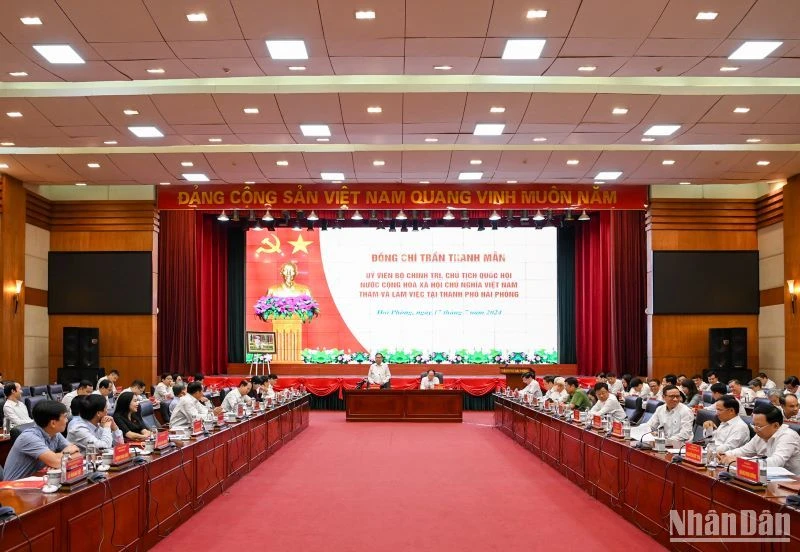

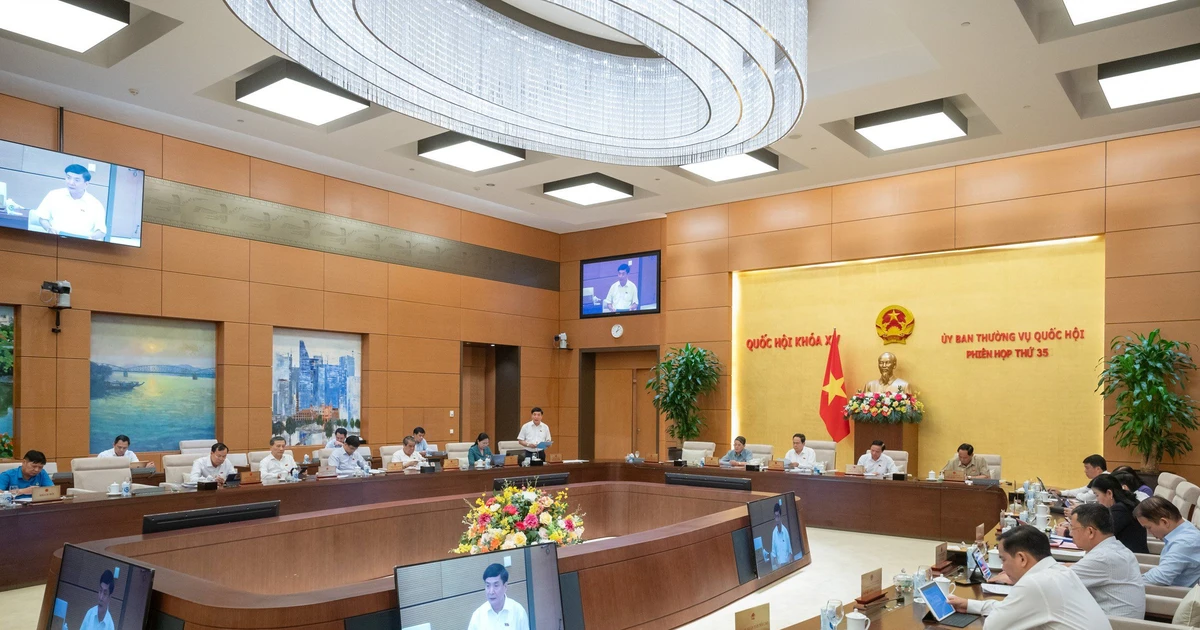

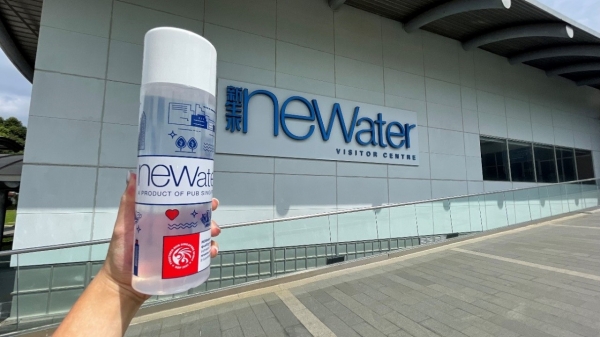

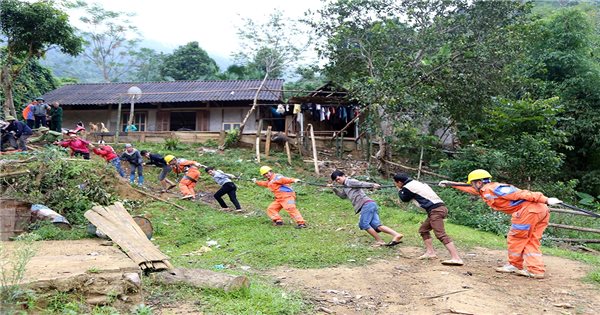
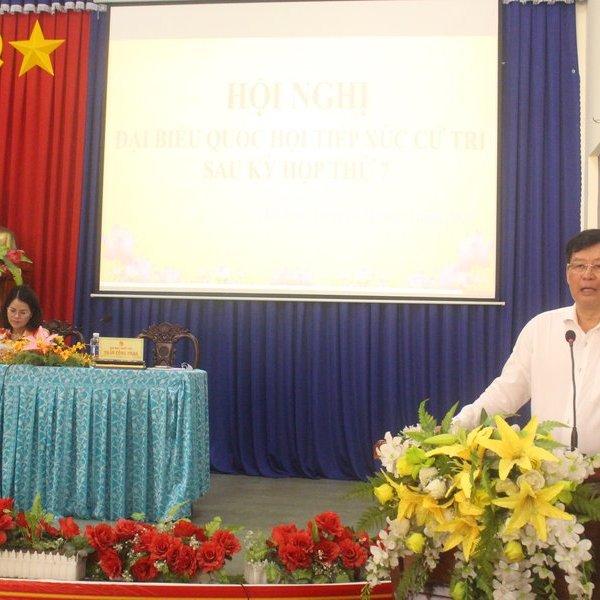

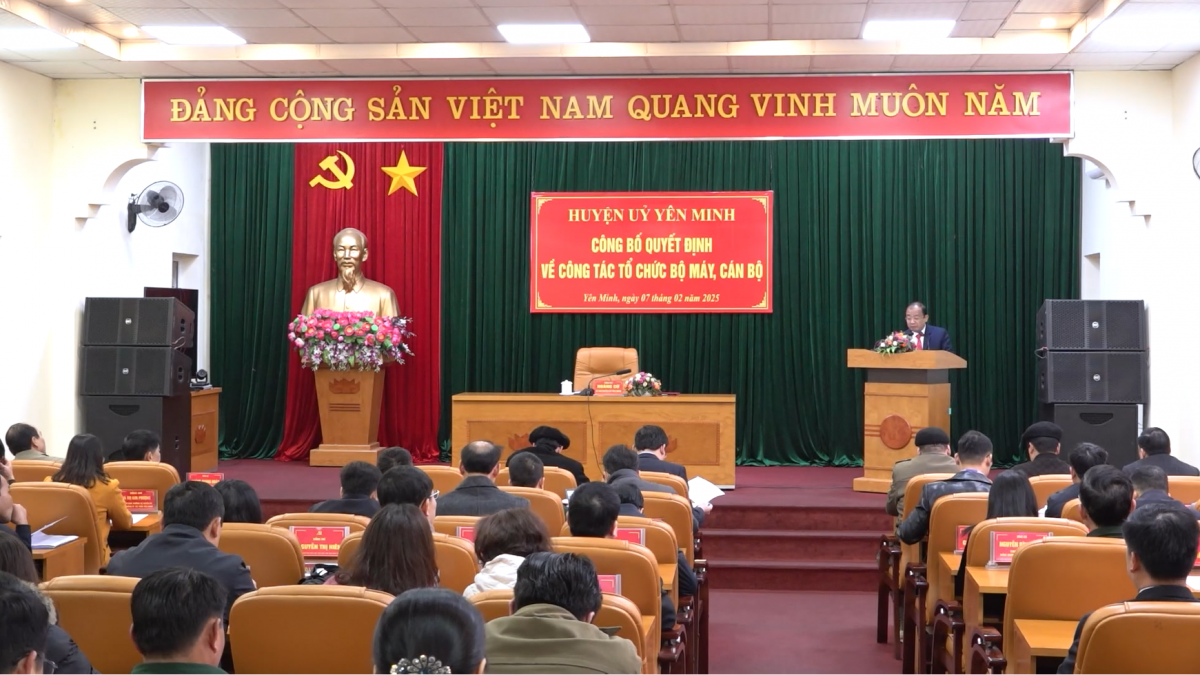
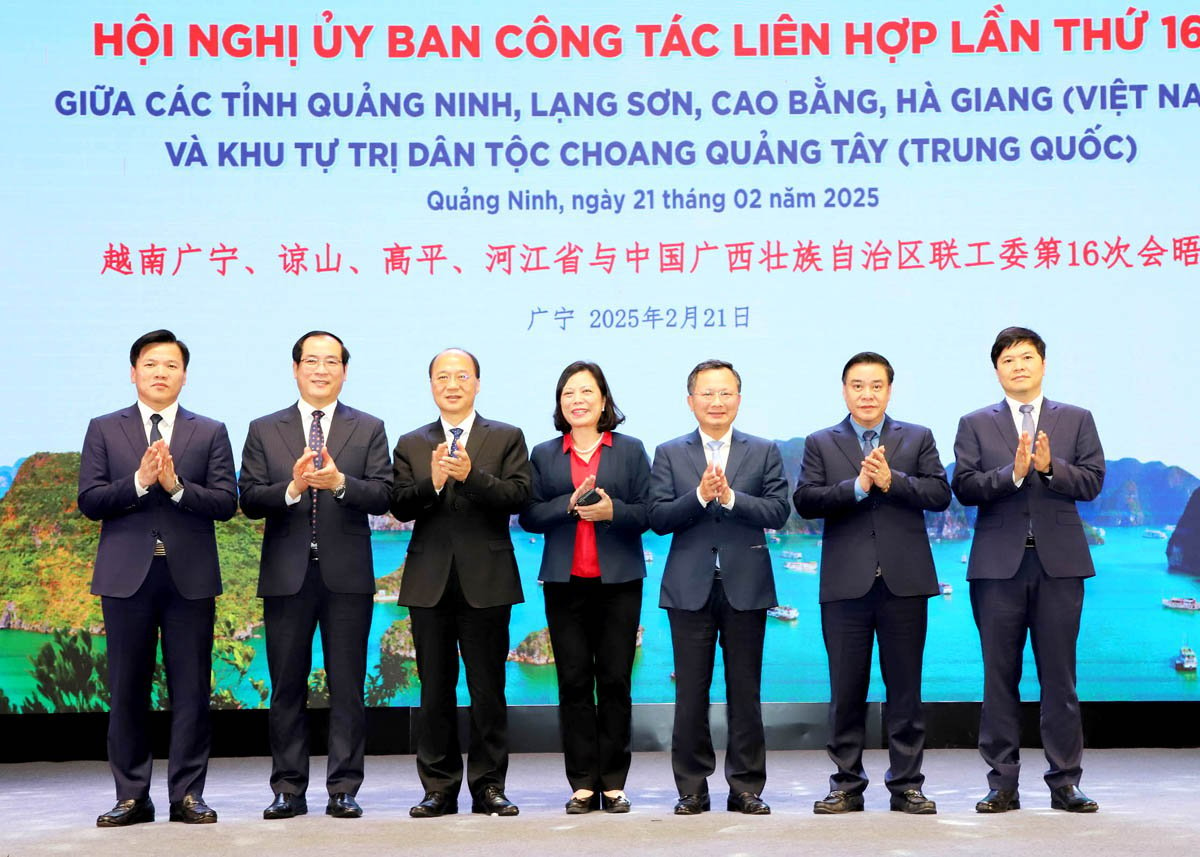
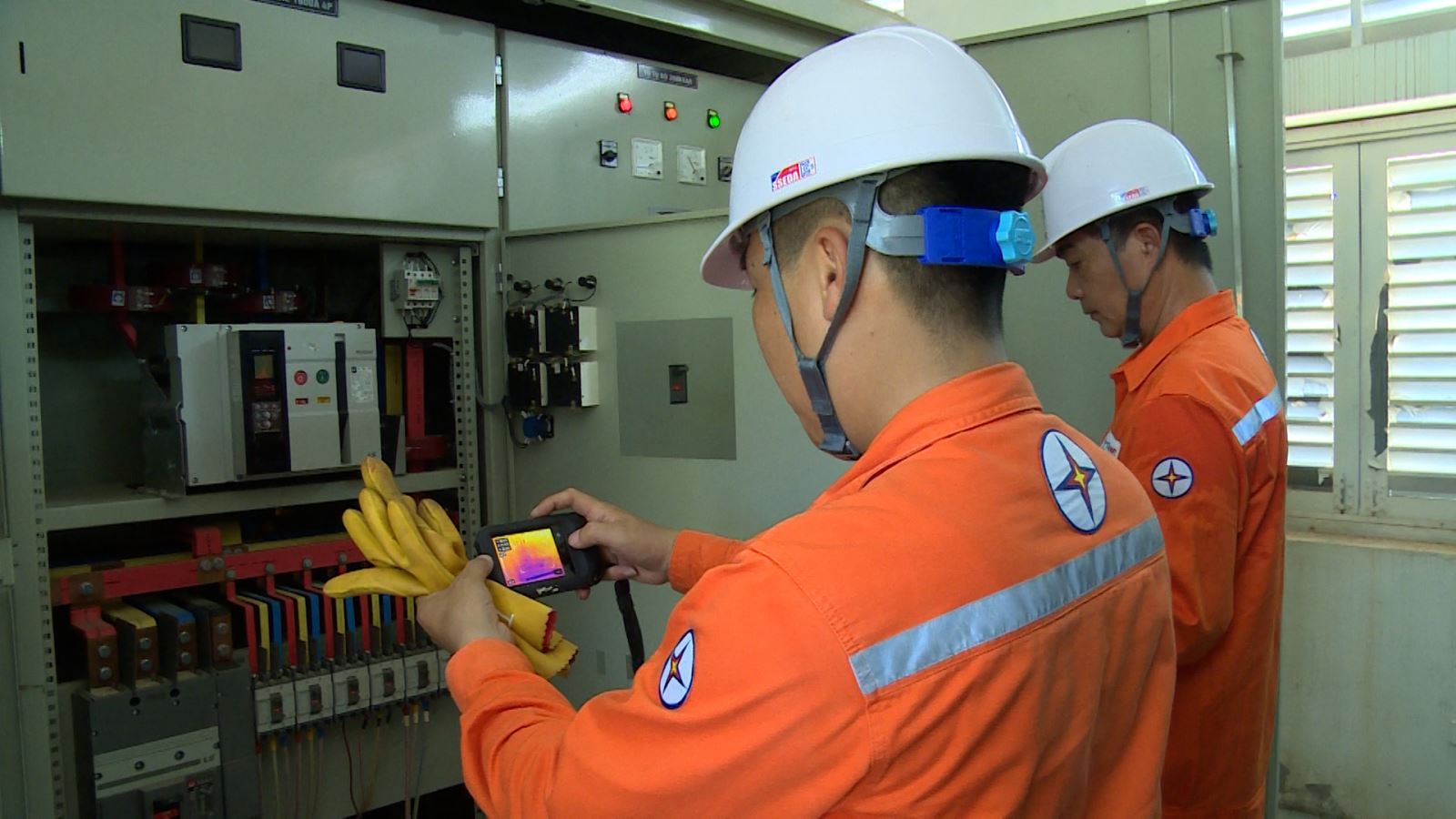
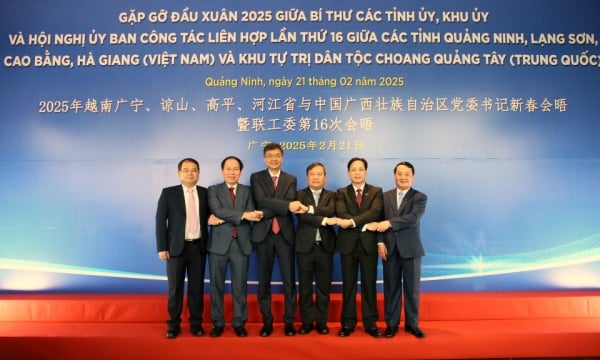
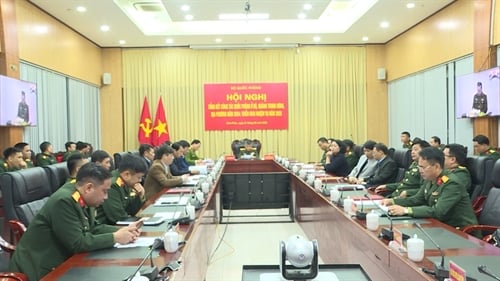
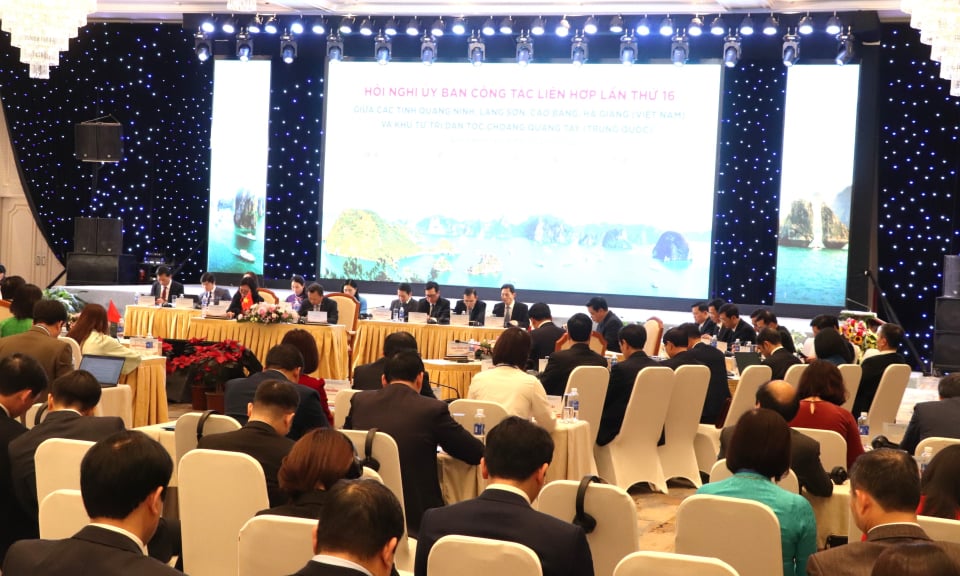
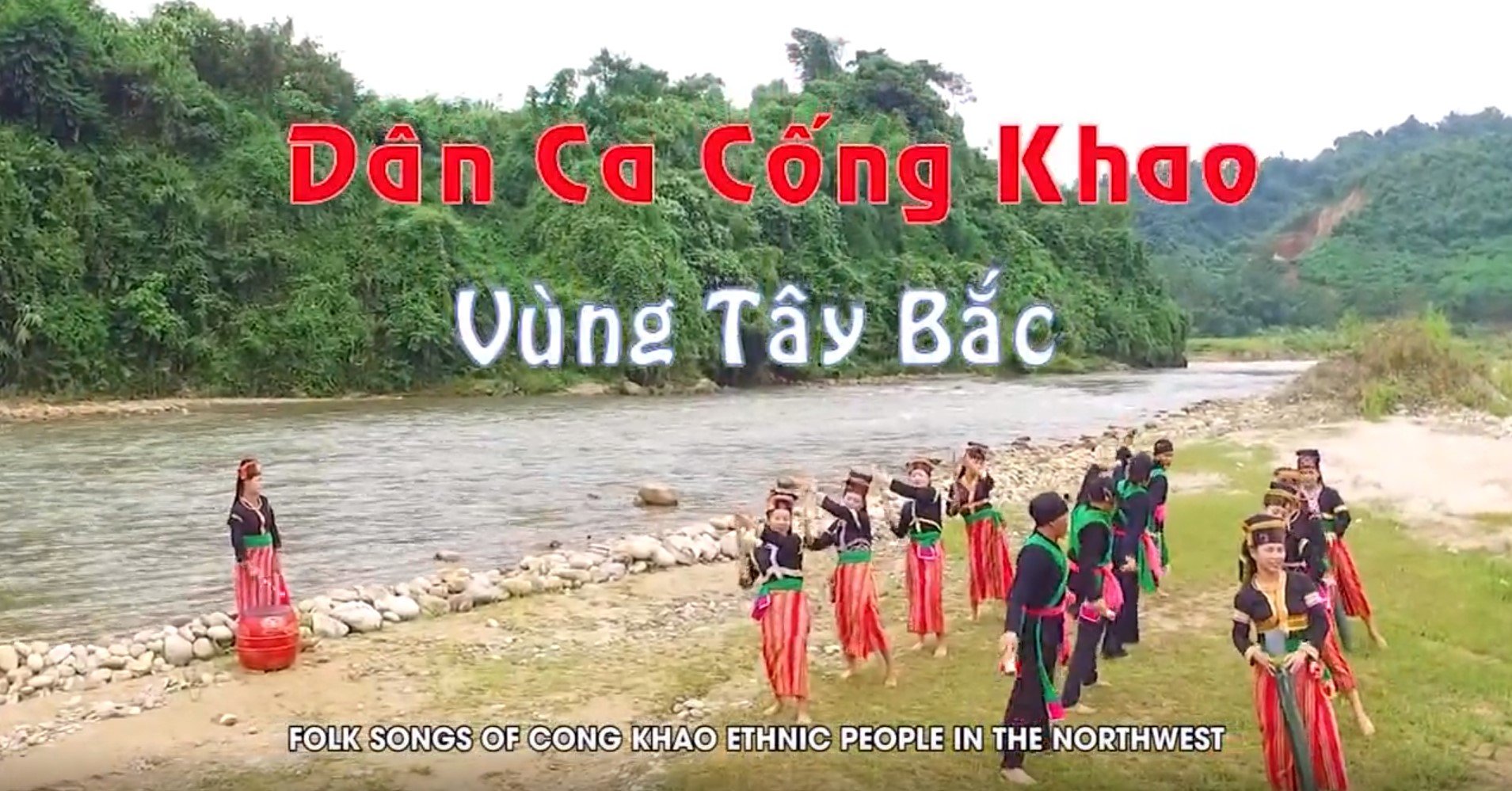

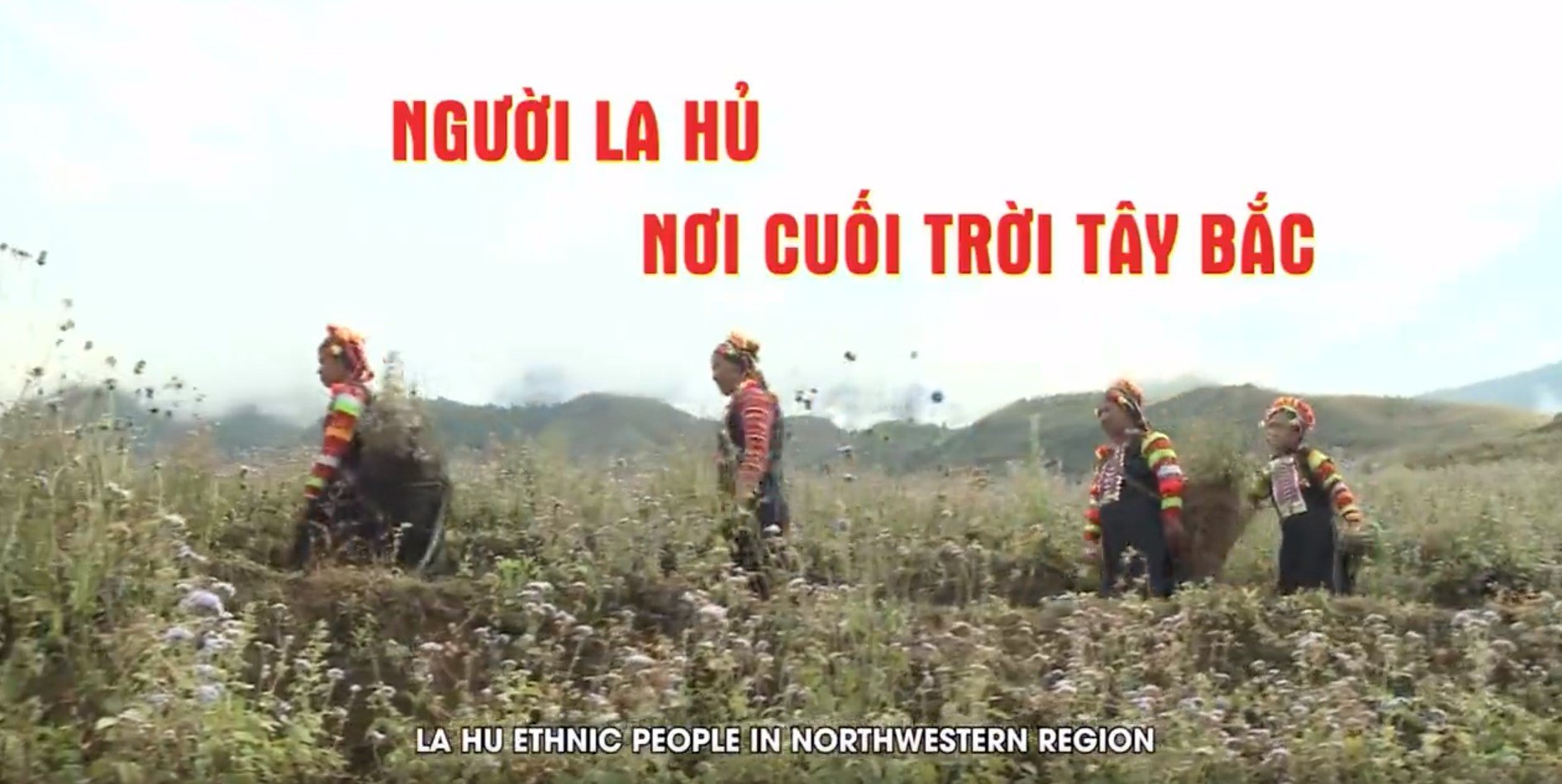
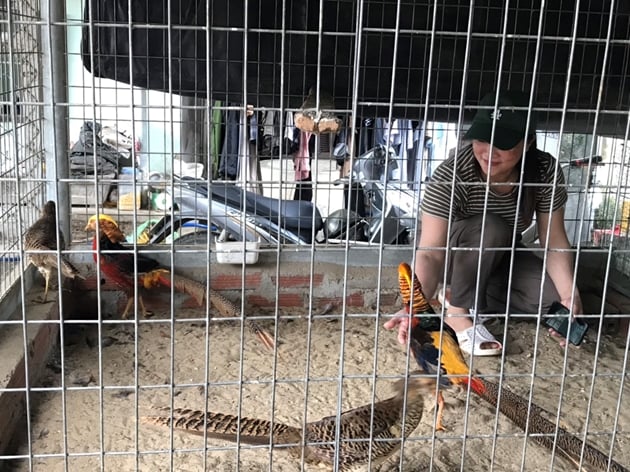






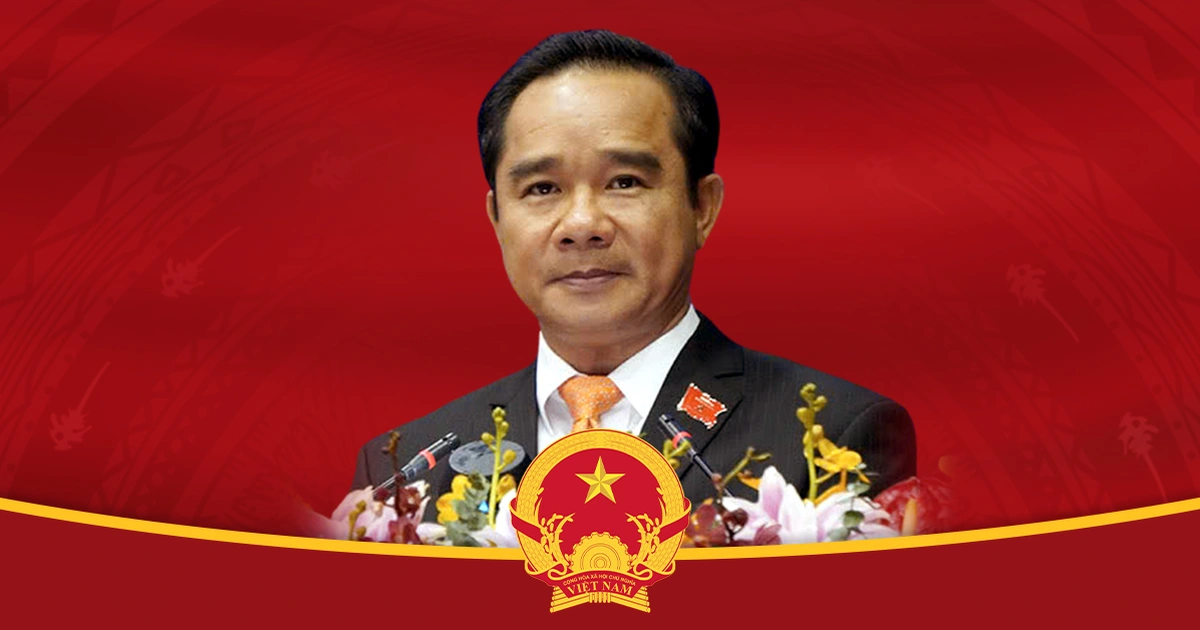



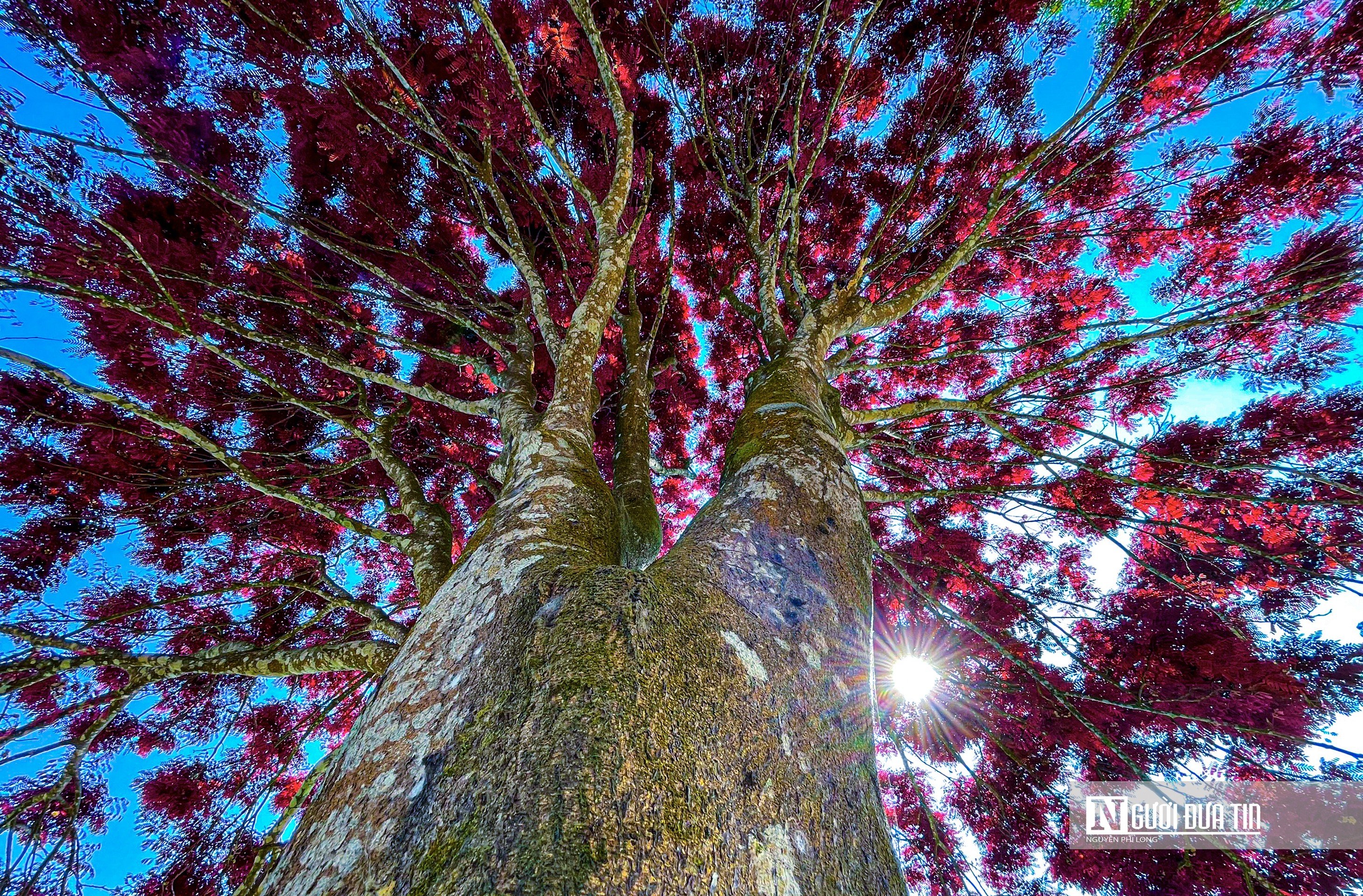
Comment (0)